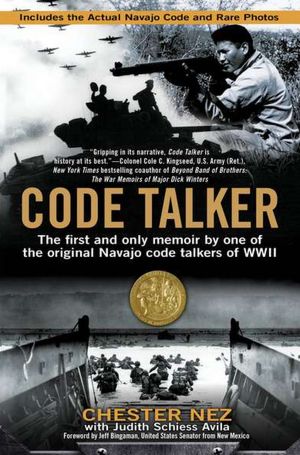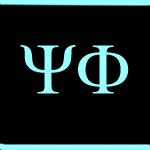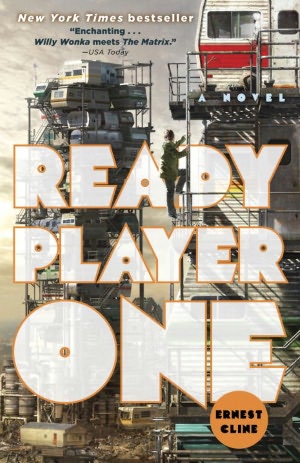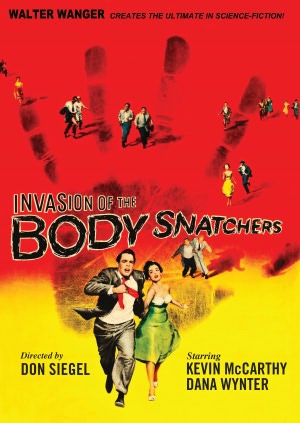One of the lab stations was apparently haunted today as both groups who occupied that spot had the same problem with the experiment despite the equipment being switched out between classes! Changed the gas pressure sensor and even the LabPro and neither group could get the pressure in their pressure-temperature lab to change. Feel free to whistle the Twilight Zone theme right about now...
Honors Physics investigated pressure-temperature relationships in isovolumetric systems, modeling Gay-Lussac's law. The data was then extrapolated to predict the value for absolute zero. Data was pretty good, well within expectations. One drawback of this experiment is that the temperature probe is tracking the water bath temperature, not the temperature of the air in the Erlenmeyer flask. Not taking a reading until the system stabilizes helps, but it does introduce error into the experiment so I am not surprised that the absolute zero prediction varied from -293K to -317K. The pressure-temperature relationship graphs were nice and clearly illustrated an isovolumetric thermodynamic process - all internal energy changes were due to heat flow with a positive correlation between temperature and pressure.
Physics finished their discussion of heat the laws of thermodynamics and heat engines. You will complete the pressure-temperature lab tomorrow, so read over the lab sheet tonight. Monday, discussion of entropy and the basis of the 2nd law of thermodynamics. Tuesday - review; Wednesday - exam.
Physical Science had time to complete their wave lab and worked practice problems for wave speed, frequency and period. Make sure you beat the wave types, basic wave features, their units and formulas into your heads. They always show up on the MCAS exam. Tomorrow, we will discuss the lab in light of the reading in the text and review the wave speed worksheet. This introduction to waves is usually a difficult bit of material for many students, so don't be upset if you are having a hard time getting the hang of the ideas. We'll spend time on this and make sure everyone has lots of practice with the concepts and problems.
3/5/09
Subscribe to:
Post Comments (Atom)







No comments:
Post a Comment